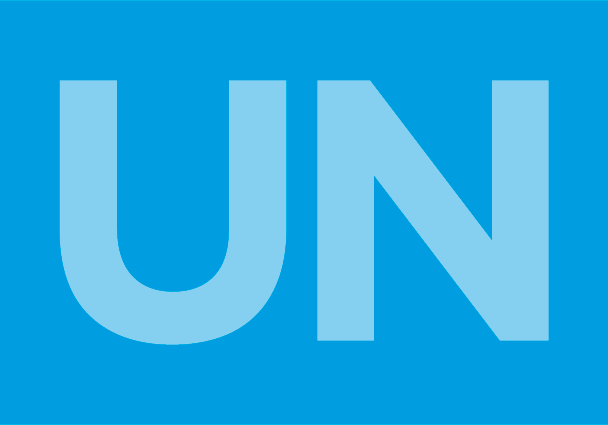The ICJ welcomes the report to the United Nations General Assembly issued this week by Secretary-General, Kofi Annan: “In larger freedom: towards development, security and human rights for all.”
The ICJ is particularly encouraged by the strong emphasis placed by the Secretary-General on the rule of law and human rights as integral components of the “vital and achievable” reform goals for the Millennium summit to be held in September 2005.
The ICJ believes the reform process spurred by the Secretary-General’s report is an invaluable window of opportunity for the international community to make the United Nations better live up to the unfulfilled promises of its Charter.
The ICJ endorses the Secretary-General’s proposal that the Commission on Human Rights be replaced by a standing body of the United Nations which would “accord human rights a more authoritative position, corresponding to the primacy of human rights in the Charter of the United Nations.” That body would no longer be subsidiary to the Economic and Social Council. The ICJ also fully supports the Secretary-General’s conclusion that the Office of the High Commissioner for Human Rights (OHCHR) must be strengthened and that “Member States commitment to human rights must be matched by resources to strengthen” that Office. The OHCHR must have the resources to carry out effective protective work, especially in the field.
As the international community considers and develops the Secretary-General’s ideas in the coming months, it is important that any new institutional human rights arrangement be constructed to strengthen the best features of the present system. In particular, any reform should:
- Continue the mandate to elaborate and develop human rights standards, with a view to filling the normative protection gaps;
- Strengthen the system of special procedures, including special rapporteurs and independent experts, that monitor, study and report on thematic and country-specific questions;
- Expand the UN human rights field presences so as to provide for a more global operational capacity in the areas of protection and capacity-building;
- Address robustly gross and systematic human rights violations in individual countries;
- Maintain full access to civil society.
The ICJ also concurs with the Secretary-General that human rights treaty bodies “need to be much more effective and more responsive to violations of the rights that they are mandated to uphold.” However, the ICJ considers that to tackle this deficiency, a more far-reaching treaty-body reform process will need to take place. Bold ideas, such as the establishment of a full-time professional treaty body system and an international human rights court, should be considered.




